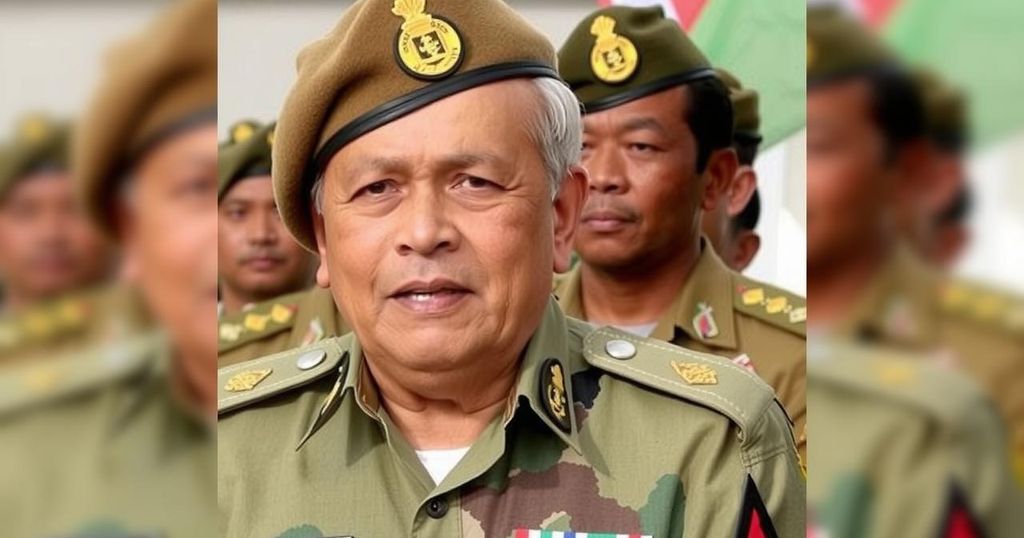Indian Army Strength Maintained Amidst Gorkha Recruitment Halt

General Upendra Dwivedi affirmed that the Indian Army’s strength remains unaffected by the lack of new Nepali Gorkha recruits. Despite recruitment halting for over four years due to the pandemic, the enduring relationship between India and Nepal stays robust, highlighted by recent ceremonial honors exchanged between the two armies. India is awaiting Nepal’s response to resume the recruitment process, emphasizing respect for Nepal’s sovereignty.
General Upendra Dwivedi, the Chief of Army Staff, stated that the Indian Army’s operational readiness has not been compromised despite the prolonged absence of fresh recruits from Nepal in the esteemed Gorkha battalions. The recruitment of Nepali Gorkhas has been hindered for over four years, significantly affecting the historic tradition established through the 1947 tripartite agreement between India, Nepal, and the United Kingdom. During the annual Army Commanders’ Press Conference, General Dwivedi acknowledged the recruitment gap but reaffirmed the strength and preparedness of the Indian military, emphasizing that the recruitment process is poised to resume, contingent upon Nepal’s response to India’s proposal.
The halt in recruitment, attributed largely to the Covid-19 pandemic, has not diminished the enduring military relationship between India and Nepal. This alliance has deep roots in trust and valor, with thousands of Nepali youths joining Indian Gorkha regiments recognized for their historic contributions to national defense. Notably, in 2024, the bonds were further fortified as General Dwivedi received the honorary rank of General of the Nepali Army, and the Nepali Army Chief, General Ashok Raj Sigdel, was honored similarly by India, demonstrating the strong mutual respect and cultural connections that continue to prevail even amidst recruitment challenges.
The Gorkha battalions of the Indian Army have historically incorporated recruits from Nepal, a practice formalized by the 1947 tripartite agreement which has underpinning implications for India-Nepal relations. This recruitment not only signifies military cooperation but also reflects a cultural bond forged over many decades. With the cessation of new recruits, issues of operational readiness and historical ties are significant topics for discussion within military and diplomatic circles. The recent attempts to address the recruitment lacuna amidst a global pandemic context reflects a strategic reassessment by both nations, aiming to revitalize this critical alliance.
In summary, while the absence of Nepali recruits in the Gorkha battalions poses challenges, General Upendra Dwivedi has assured that the Indian Army remains robust and ready. The historical and cultural significance of the recruitment process underscores the integral relationship between India and Nepal. Efforts to revive the recruitment signify both military and diplomatic intentions to maintain strong bilateral ties, rooted in mutual respect and collaboration.
Original Source: www.hindustantimes.com








